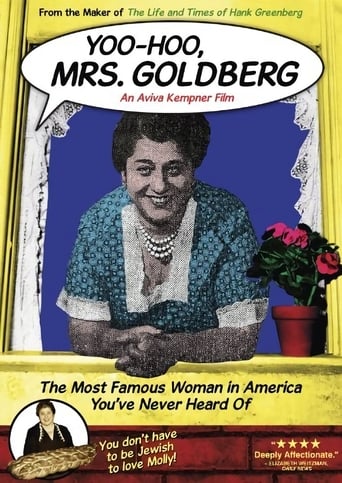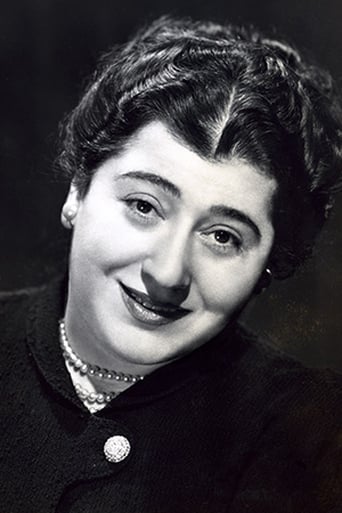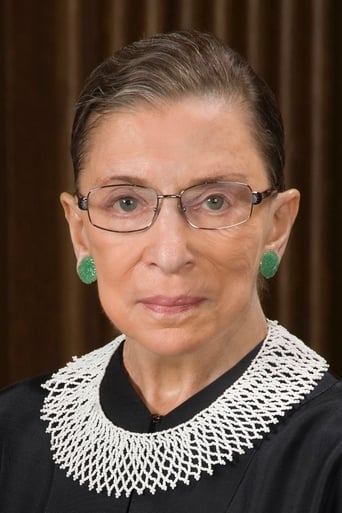The story of the actor, writer and broadcasting pioneer, Gertrude Berg.


Similar titles



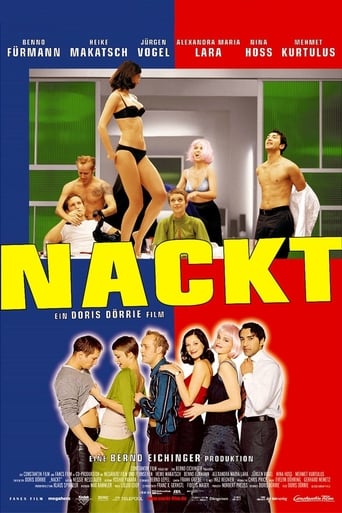

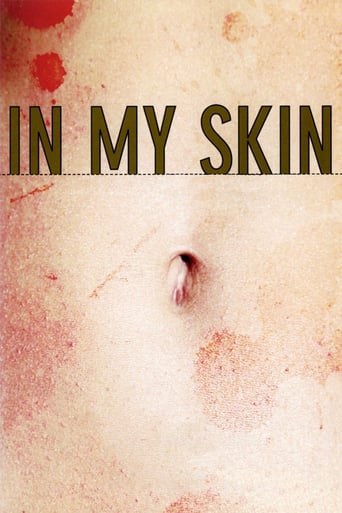
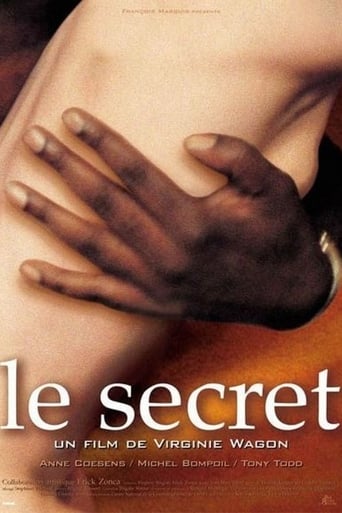
Reviews
It is always fun to go back and see the early days of TV. Coming as it did mostly or frequently from radio, this early look at a woman that was as popular as Oprah in her day.To see a strong woman like Gertrude Berg, who came from a difficult childhood due to the death of her brother and the resulting mental difficulties that beset her mother, develop a character and a family show that everyone in the country followed, was amazing.To see people like Edward R. Murrow and Ed Sullivan, and the evil red scare that brought about the show's eventual demise is a telling reminder of why Fox News and the Tea Party is so dangerous today.It was an enjoyable journey into the birth of TV, and the birth of sitcoms.
Although "Yoo Hoo, Mrs. Goldberg" is not superbly edited, it is fun to watch, fascinating, and certainly historically significant. The film, like Mrs. (Gold)Berg - and perhaps many of our own Jewish mothers and grandmothers - is a pivotal feminist entity with a sense of humor. This documentary also touches on the blacklisting/red scare era in America, of which we need constant reminders. Kudos to Director Aviva Kempner for finally recognizing a woman whose prolific accomplishments, until now left on a dusty old shelf, shaped the future of American media and culture.A film worth seeing!
Gertrude Berg was a force to be reckoned with. In 1929,she produced, wrote & acted as the head of a Jewish American household,by the name of Tilly Goldberg,in a series called,The Goldbergs (how original!). Five times a week,America tuned in on the original Jewish mama,and her family. The series made it to early television in 1949,and was a runaway hit.Gertrude Berg even wrote the commercials that intertwined with the episodes (one minute Tilly would be talking about recipe's,then seamlessly segueing into an ad for coffee). Aviva Kempner (The Life & Times Of Hank Greenburg)directs a pleasant enough documentary of a pioneer of early television,who by the end of the 1950's,was pretty much forgotten in the wake of Lucille Ball,etc. During it's initial run (1949-1951),the show experienced an unpleasant run-in with the goon squad that was the House Of Unamerican Activities Commitee (H.U.A.C.),due to the fact that co star,Phillip Loeb was an accused Communist sympathizer. When sponsors started pulling out funding for the show,Berg was forced to replace Loeb with another actor to play her beloved husband (only after the show went on a brief hiatus). When the show was revived (on another television network),the letters of protest over Phillip Loeb being replaced flooded the network, but it was already too late (I won't spoil it by revealing what happened).The series would continue to run until 1955,when it was eventually phased out. The film gets support from spoken testimonies from such personae as Supreme Court Justice,Ruth Bader Ginsburg,and producer,Norman Lear (creator of 'All In The Family','Maude' & 'The Jeffersons'). The film also gets some nice mileage from original grainy black & white kine scopes of 'The Goldbergs',as well as the one off feature film,'Molly'(also known as 'Meet The Goldbergs')from 1950 (basically an extended 90 episode,minus the commercials). This film will be of interest to anybody who follows early television,or obscure pop culture. Not rated,but contains absolutely nothing to offend even the most blue-nosed prude.
Yoo Hoo, Mrs. Goldberg is American pop history with a twist. Gertrude Berg was a radio and television pioneer who created a persona, the sort of immigrant Mamma a Greek woman could connect with, though the family of her "Molly Goldberg" character (she wrote and acted the part) was Jewish and came from Eastern Europe. In the bland Fifites "Leave It to Beaver" era, Berg created a counter-image that was urban and ethnic. Documentary filmmaker Kempner made a 1988 film about Hank Greenberg. As she tells it, Gertrude Berg created the sit-com, a field ultimately dominated by Lucille Ball, but only when "Yoo Hoo, Mrs. Goldberg" faded due to political pressures. So Jewish ethnicity paved the way for WASP conventionality.But Gertrude Berg's creation was a pop, bland (and middle-class) creation too, though this generally upbeat documentary doesn't analyze it much, except to point out that the TV show's final version, when the Goldbergs make it financially and resultantly move to the suburbs, lost the show's original spark. We don't get a very clear idea of what episodes of "Yoo Hoo, Mrs. Goldberg" were like from the film, except to experience Berg's personal warmth, sweet smile, melodious voice, and ample bosom. The emphasis of clips shown is on gestures and brief interactions rather than plot-lines.Because it relies on the visuals from old TV shows rather than (perhaps rare?) radio recordings (which may not even exist), it's not much emphasized that Molly Goldberg on radio actually went all the way back to 1929 (Gertrude Berg was born in 1998 and died in 1966). It's claimed that she did the first effective radio advertising, writing her own ads, notably for Sanka coffee. She also sold War Bonds. Her creation throughout its long run boldly provided, in an age of anti-Semitism, a relatively realistic and respectful, if gently comic, version of Jewish New York immigrant life shipped out to be consumed in the American heartland. What effect this had on Middle American thinking is not chronicled, though Ms. Berg's biographer, interestingly, is a young southern WASP type, Glenn D. Smith, who provides much detail of the life. His book is called "Something on My Own": Gertrude Berg and American Broadcasting, 1929-1956. The radio show, also interestingly, was originally called "The Rise of the Goldbergs." What is clear is that out-the-window air-shaft shouted "Yoo hoos" (the way of calling out to people, now old-fashioned) represent the interconnectedness of Brooklyn apartment dwellers in those days who hung out their windows and visited with one another on a day-to-day basis. Molly is always in an apron and always cooking. Yet women in the film remember her as a "feminist" figure because she was strong.The idyllic state of a Jewish family included in pop mainstream American Fifties (and earlier) culture was to hit a terrible snag when McCarthy ad the Red Baiting era came along. Philip Loeb, who played Mr. Goldberg, was a media union activist involved in multiple liberal causes. He was blacklisted and CBS shut down the show when Gertrude Berg refused to replace him. (She later relented and the series got two other Mr. Goldbergs.) The show had a more than year-long hiatus. Loeb committed suicide, and Zero Mostel (himself a blacklisted artist) played a version of the destroyed Loeb in Martin Ritt's 1976 movie, The Front. Neither Gertrude Berg nor Molly Goldberg was quite the same after this. And as a famous Edward R. Murrow "Person to Person" TV interview stresses, the difference between Molly and Gertrude was hard to draw since the writer/actress spent more hours of the day being Molly than being Gertrude Berg. And her real name was Tillie Edelstein and her family and close friends always called her Tillie. The lovable Jewish earth mother's own mother, depressed from the death of a younger son, was cold and withdrawn: "Molly" was a hopeful fantasy (though late-Fifties TV was rich in some high culture and realism such as Playhouse 90, which gave live presentations of versions of Hemingway and Faulkner, William Saroyan and Clifford Odets).During the Mrs. Goldberg hiatus time Lucille Ball began "I Love Lucy" and Ball took over the reigning iconic-TV-woman role. When "Mrs. Goldberg" folded Berg triumphed on Broadway in A Majority of One (1959), a comedy about a Jewish widow involved in a romance with a Japanese millionaire. She, director Dore Schary, and co-star Sir Cedric Hardwicke swept the Tony Awards. Berg was devastated when Rosalind Russell was chosen over her for the movie version, and she was reduced to touring plays and summer stock thereafter and ultimately died, the narrator says, of overwork.This affectionate and nostalgic documentary is full of information but could use more analysis. Some of its talking heads, which include Supreme Court Jutice Ruth Bader Ginzberg, indulge in numbingly vague and euphoric recall. Somehow both the magic and the shortcomings of "Molly Goldberg" and Gertrude Berg don't emerge as clearly as they might.
